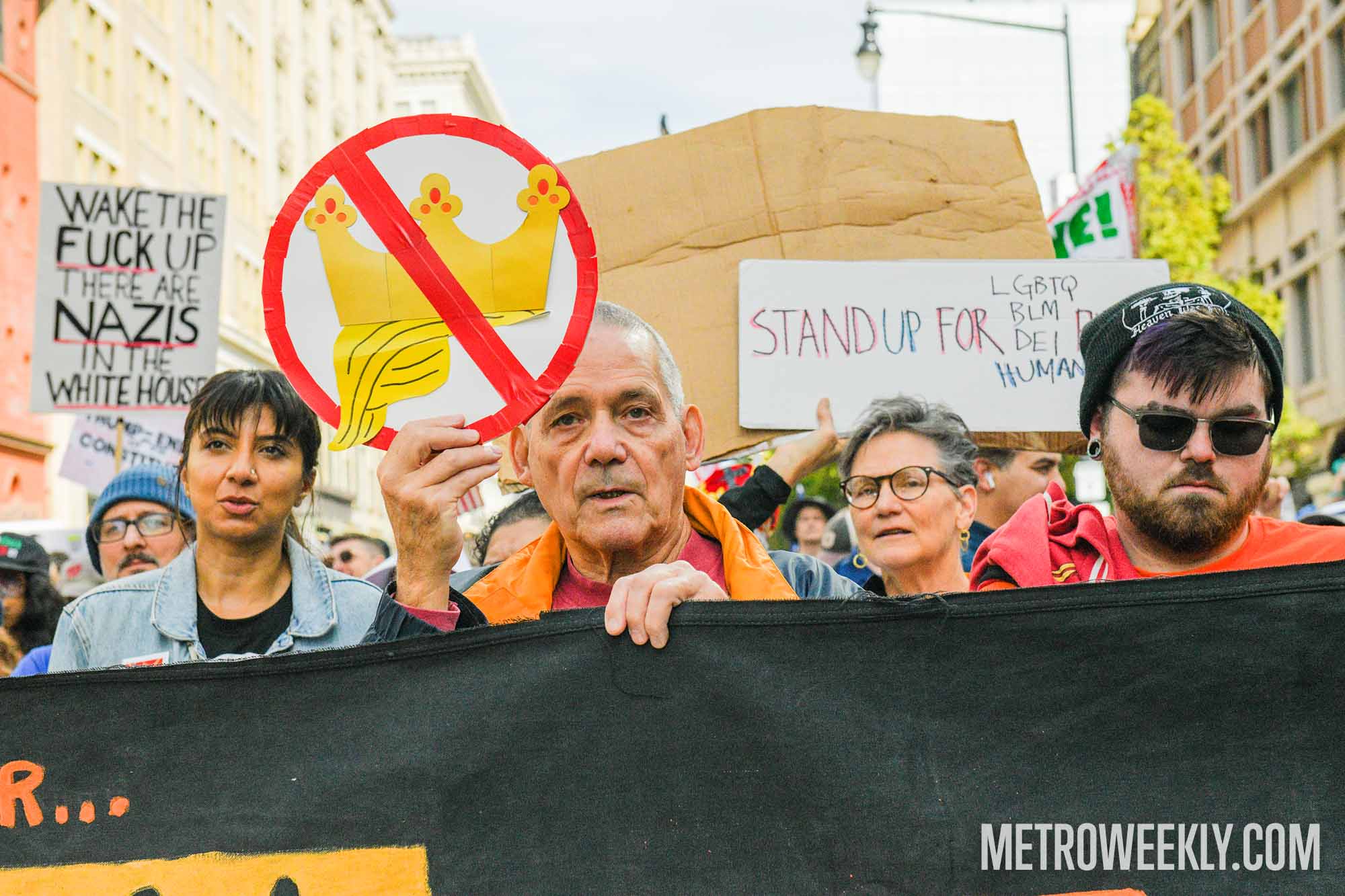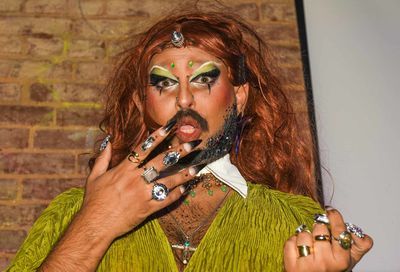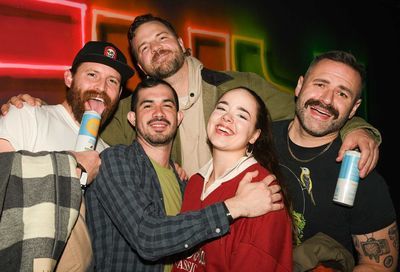Sniping on the Mount
Taking stock of the March on Washington anniversary highs and lows
After the Aug. 24 rally at the Lincoln Memorial honoring the 50th anniversary of the March on Washington for Jobs and Freedom, some people complained that they couldn’t hear the speakers. This brought to mind the scene in Monty Python’s Life of Brian where someone standing in the back at the Sermon on the Mount says, “I think it was, ‘Blessed are the cheesemakers.'” Another character says, “I can’t hear a thing. Let’s go to a stoning.”
Alas, the top sermonizer of the 20th century, Martin Luther King Jr. (whom other activists called “De Lawd” because of comments like “I should choose the time and place of my Golgotha“), was not on this year’s speakers list. In the 1960s, his charismatic leadership made him one of the FBI’s Most Dangerous Negroes and a prime target for government surveillance. Nowadays, being under surveillance has lost its cachet; it is so common that Art Spitzer, legal director of the D.C. ACLU chapter, appends a tart notice to his emails, “Warning: the National Security Agency may be monitoring this communication.”
Rev. Al Sharpton, whose National Action Network organized the 50th anniversary rally with the NAACP and others, is hardly dangerous, unless you are alarmed by his frequent defenses of President Obama from his weeknight perch at MSNBC.
At the Busboys and Poets restaurant at 5th and K NW on Saturday, noted intellectual Cornel West called Sharpton “the head House Negro of the Obama plantation.” West’s radical performance art is done from the safety of a professorship at Union Theological Seminary. Busboys, incidentally, is a popular spot for upscale Washingtonians nostalgic for the Revolution, by which I mean the era of Stokely Carmichael and Angela Davis, not Patrick Henry and Alexander Hamilton. I recommend the crab cakes.
The Aug. 24 event was certainly a tame affair compared to the original. Former Washington Post associate editor Robert G. Kaiser ruefully points out that in 1963, the paper was so focused on expectations of a riot that its lead story on the march made no mention of what became known as the “I Have a Dream” speech nor the young preacher who delivered it.
Much has changed for the better. This year’s program included LGBT and women’s voices that were absent 50 years ago. The five days of commemoration included tributes to the 1963 march’s architect, Bayard Rustin, who at the time was denounced by segregationist Sen. Strom Thurmond as a communist and “moral pervert.”
In 1963, the most radical speech was by the young John Lewis, who was prevailed upon to tone it down after Archbishop of Washington Patrick O’Boyle threatened not to give the invocation. Lewis has represented Georgia’s 5th Congressional District since 1987. An early advocate of marriage equality, he now leads the outcry against GOP voter-suppression efforts and for restoration of the Voting Rights Act — a law that his own courage helped President Johnson propel to passage in 1965.
Washington Post columnist Courtland Milloy bemoans the civil rights establishment’s move to the “mainstream,” and misses the leadership of socialist intellectuals like Rustin. He must have missed Rustin’s call to move “From Protest to Politics” back in 1965. Rustin took on the system to create change, not just dramatic video. Organizing nurtures relationships that carry the movement forward.
“The hardest part of a relay race isn’t running, but passing the baton,” said D.C. Shadow Rep. Nate Bennett-Fleming at a D.C. statehood rally Saturday morning. Increasingly, the civil rights struggle forces us to pass the baton among a diverse constituency. Griping and sniping can be entertaining, but do not build cooperation. Reminding one another of the dream and our mutual stake in it can help us avoid dropping the baton.
Richard J. Rosendall is a writer and activist. He can be reached at rrosendall@starpower.net.
Support Metro Weekly’s Journalism
These are challenging times for news organizations. And yet it’s crucial we stay active and provide vital resources and information to both our local readers and the world. So won’t you please take a moment and consider supporting Metro Weekly with a membership? For as little as $5 a month, you can help ensure Metro Weekly magazine and MetroWeekly.com remain free, viable resources as we provide the best, most diverse, culturally-resonant LGBTQ coverage in both the D.C. region and around the world. Memberships come with exclusive perks and discounts, your own personal digital delivery of each week’s magazine (and an archive), access to our Member's Lounge when it launches this fall, and exclusive members-only items like Metro Weekly Membership Mugs and Tote Bags! Check out all our membership levels here and please join us today!

























